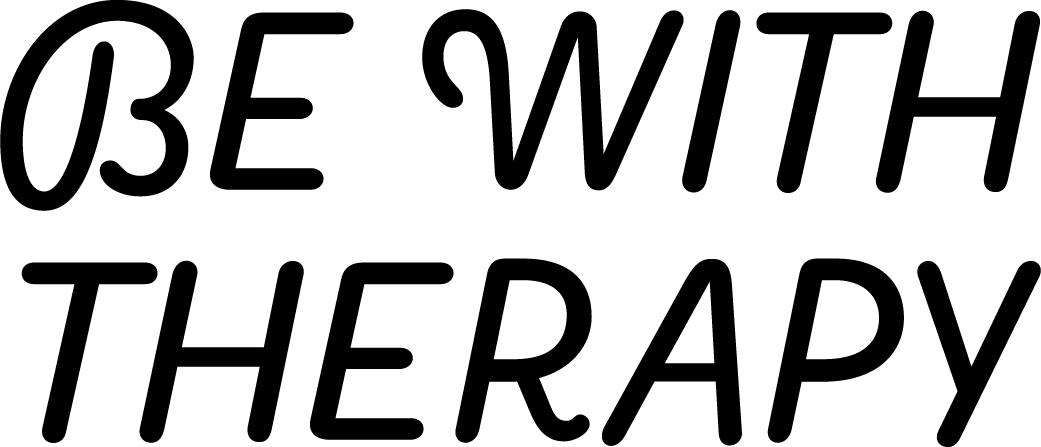
I view what dominant culture might label as pathology as your natural and adaptive strategies for coping with overwhelming situations.
Philosophy
My approach to therapy facilitates personal growth and healing, and begins by meeting you where you are. My intention is to help you generate your own felt-sense of well-being, safety and personal agency through welcoming, working with, and integrating all of the different aspects of who you are.
I view behavior and patterns that make us feel stuck, anxious, or depressed as natural and adaptive responses for coping with overwhelming or difficult situations. Looking at these responses through non-pathologizing and non-judgemental lenses, we are able to understand them, gain self-awareness and promote depth in relationships with self and others. To me, therapy is a collaborative experience that is built together upon the integrity of our therapeutic relationship.
About Me
My name is Megan, I use she/her pronouns. I am a Korean born, trans-racially adopted, cisgender woman of color. I hold a Master’s Degree in Clinical Mental Health from Portland State University where I focused my studies on socially just and equitable Counseling practices.
The core of my professional work and counselor identity comes from my personal history of unlearning patterns of systemic oppression. My approach to counseling has been shaped by a social justice worldview that acknowledges how power, privilege and systemic oppression influence and shape people and the world we live in. All are welcome here. I approach therapy through a trauma-informed, anti-racism, anti-oppression, culturally competent lens. I am Queer and Trans affirming, sex positive, and kink friendly.
How I work
I work primarily with three therapy models.
Internal Family Systems
I use Internal Family Systems (IFS), a therapy model that is based on the idea that we all have parts and an organic self — these parts and self relate to each other like a family system inside of us. In IFS, we welcome all parts, attempt to learn how these parts have helped us adapt to the events in our lives, and aim to re-integrate parts back into the greater whole, back to our Selves. Using IFS in therapy means helping you become aware of your parts and how they shape your relationships both with yourself and others. I am level 1 IFS trained and am a 2022-2023 IFS Leadership Fellow.
In Somatic Experiencing, the word “soma” means body, it is a model that helps us develop the experience of being in our bodies — embodied. Our bodies are the instruments through which we experience the world, living tools that carry and respond to memories, experiences, senses. Somatic Experiencing aims to help you fine-tune your own awareness of your body, and eventually expand your capacity for being with all of the feelings, sensations, parts of your body and get in touch with the stories those parts carry. I draw from meditation and breath work practices to help you embody your own felt-sense of integration, safety and belonging.
Somatic Experiencing
Process Work
Using Gestalt and Process work, we focus on your relationship with the present moment, moving towards acceptance of what is here, now. The act of accepting ourselves as we are creates the necessary environment for change, providing a deeper understanding for who we want to be. Any barriers to what is here, now, become grist for the mill — in this way, the focus is on the process versus the content of our experience.





